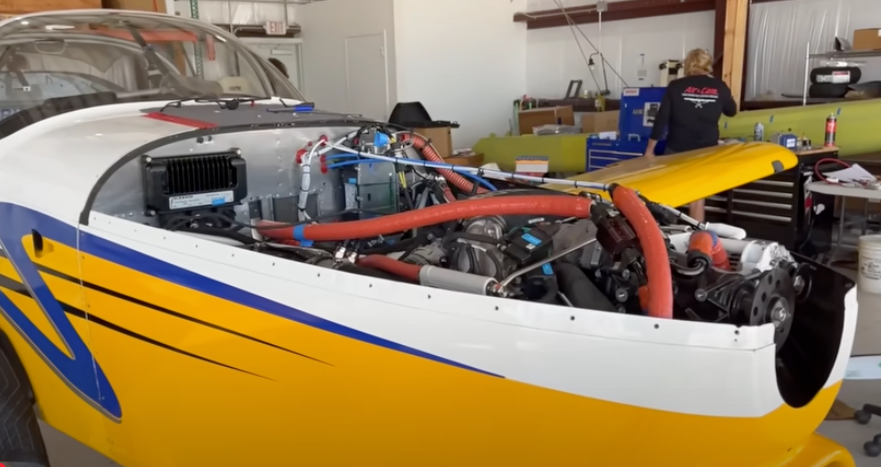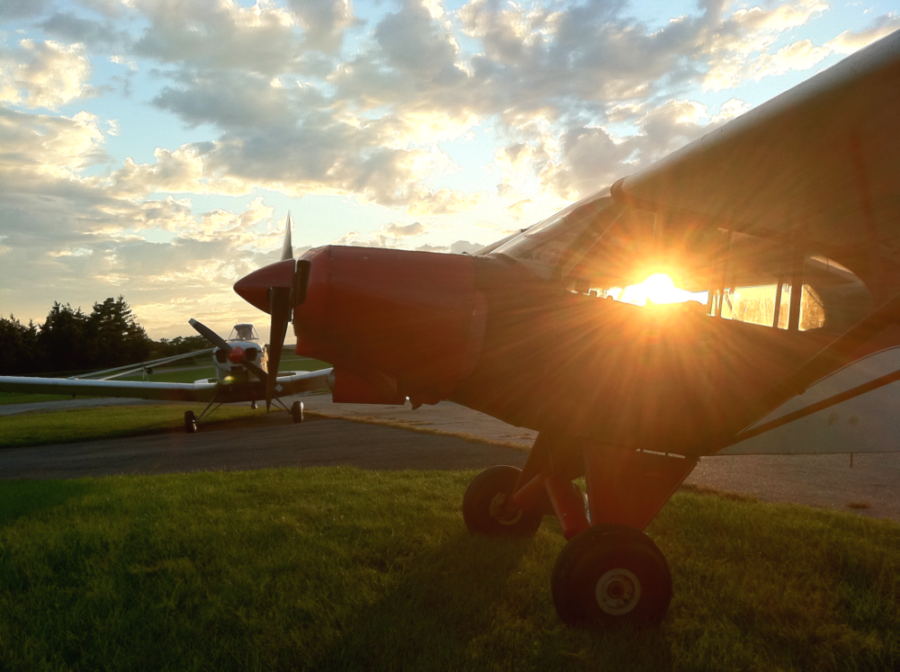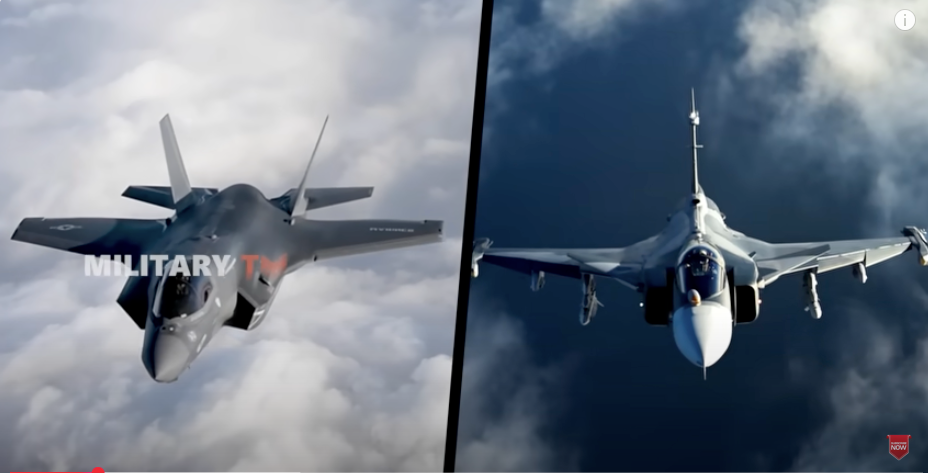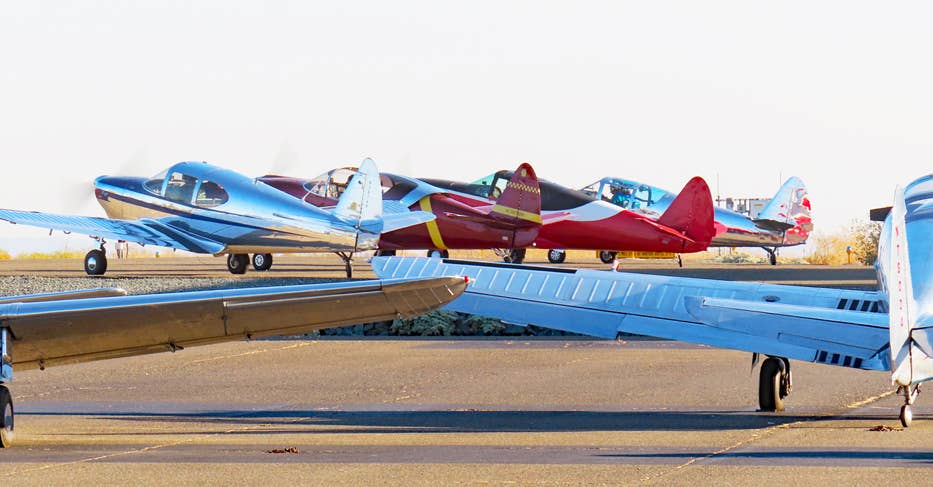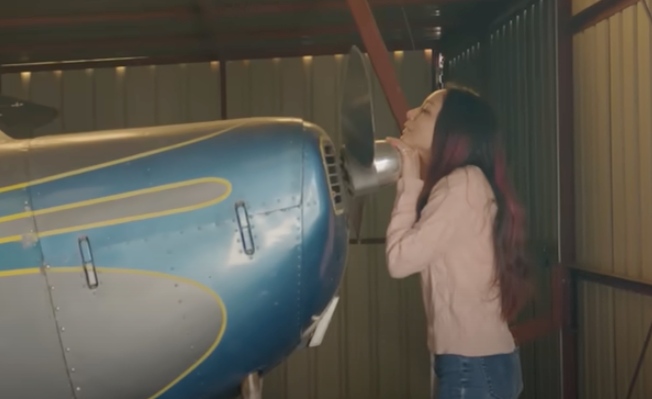RAF Pilot Invents Technology Enabling Paraplegics To Fly Helicopters
Stewart McQuillan is a former Royal Air Force Tornado pilot who suffered a triple spinal injury in a takeoff accident. It left him wheelchair-bound, but he regained his pilot license…
Stewart McQuillan is a former Royal Air Force Tornado pilot who suffered a triple spinal injury in a takeoff accident. It left him wheelchair-bound, but he regained his pilot license through the Douglas Bader Foundation.
Bader lost both legs in a 1931 flying accident, talked his way back into RAF service, and led a wing of Spitfires during the Battle of Britain. He was inspirational to his fellow fighter pilots and, after the war, continued to advocate for the disabled, thus the foundation established in his honor.
McQuillan is carrying on Bader’s tradition. An engineer as well as a pilot, he learned to fly helicopters—developing a technology that enables paraplegic pilots to control the antitorque pedals from thumb switches on the cyclic and collective controls.
Having emigrated to America and become a citizen, he is also dedicated to helping veterans here in the United States through the National Veterans Vocational Village (NV3), in Colorado Springs, Colorado, home of the U.S. Air Force Academy. NV3 is “a self-sustaining vocational training center and residential village that educates, employs, and houses disabled and injured veterans—and those with invisible wounds—transitioning from military and first responder duties to civilian life.”
Sponsored in part by RotorX, McQuillan is preparing a tour of U.S. veterans hospitals next summer. He appeared at the RotorX display at EAA AirVenture with the helicopter he built, himself.


